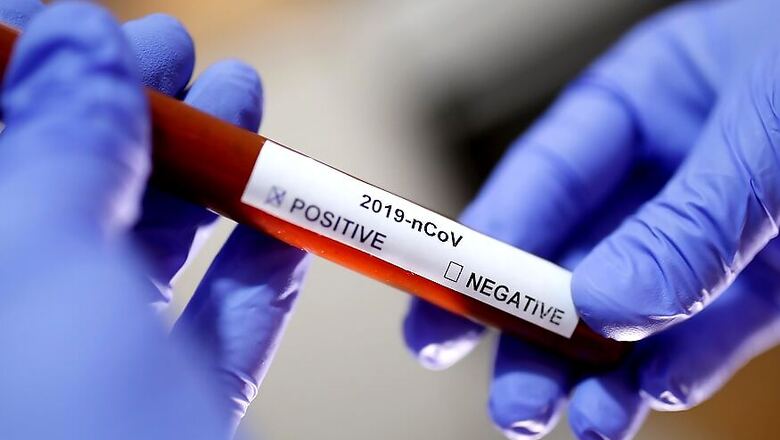
views
With countries struggling to contain the coronavirus epidemic, a possible drug combination developed by physicians in Kansas City could emerge as a key breakthrough.
Doctors are employing two drugs in combination — hydroxychloroquine (HC) and azithromycin (AZ) — to treat Covid-19 patients, writes Dr Jeff Colyer in an article for the Washington Post. The course of medical treatment being used was reported in a recently conducted open-label trial in Marseille, France, which was subsequently updated on March 26, and which the doctors may further modify, the article said.
For the usage of HC, there exist two pieces of evidence backing its efficacy in Covid-19 treatment — in vitro or test tube studies and field-based clinical studies.
Post the SARS outbreak that erupted in 2002, a coronavirus linked to the one that causes Covid-19, an in vitro study conducted by physicians from the Centers for Disease Control and Prevention recognised chloroquine (a relative of HC) as an attractive option for prevention and treatment. The foundation of all infectious medicine — from devising treatment for particular infections to treating suspected patients — lies in in vitro laboratory testing and patient trials, Coyler writes. “Covid-19 is no exception. Current laboratory data suggest that HC should work.”
The second drug AZ, which is an antibiotic popularly known as Z-Pak in the market, is combined with HC. “The French study showed that 57% of 14 Covid-19 patients receiving HC without AZ tested negative for the virus on a nasal swab on day six. But 100% of the six patients who received both HC and AZ tested negative on day six,” Washington Post article said.
Coyler says the two drugs have been employed for several years, and only the two being used in a combination was a new development. “For now, it isn’t well understood why the mix is so effective,” he adds. Underscoring the possible risks associated with long-term HC usage, he says the drug's chronic use can lead to eye problems. He further notes that heartbeat arrhythmia is occasionally observed. “Increased electrocardiogram tracking may be appropriate for patients at risk of the latter effect. Potential mental-health effects should be closely observed,” he adds.
All drugs have side effects, and HC’s general track-record has been safe, he notes.
The two drugs are required to treat ailments like malaria, lupus and other illnesses, and it is imperative that the supplies not be finished treating patients suffering from Covid-19, he cautions. “Yet this is a historic pandemic, and treatment with HC and AZ shows considerable promise. That is a reason to increase supplies quickly,” Coyler adds.




















Comments
0 comment